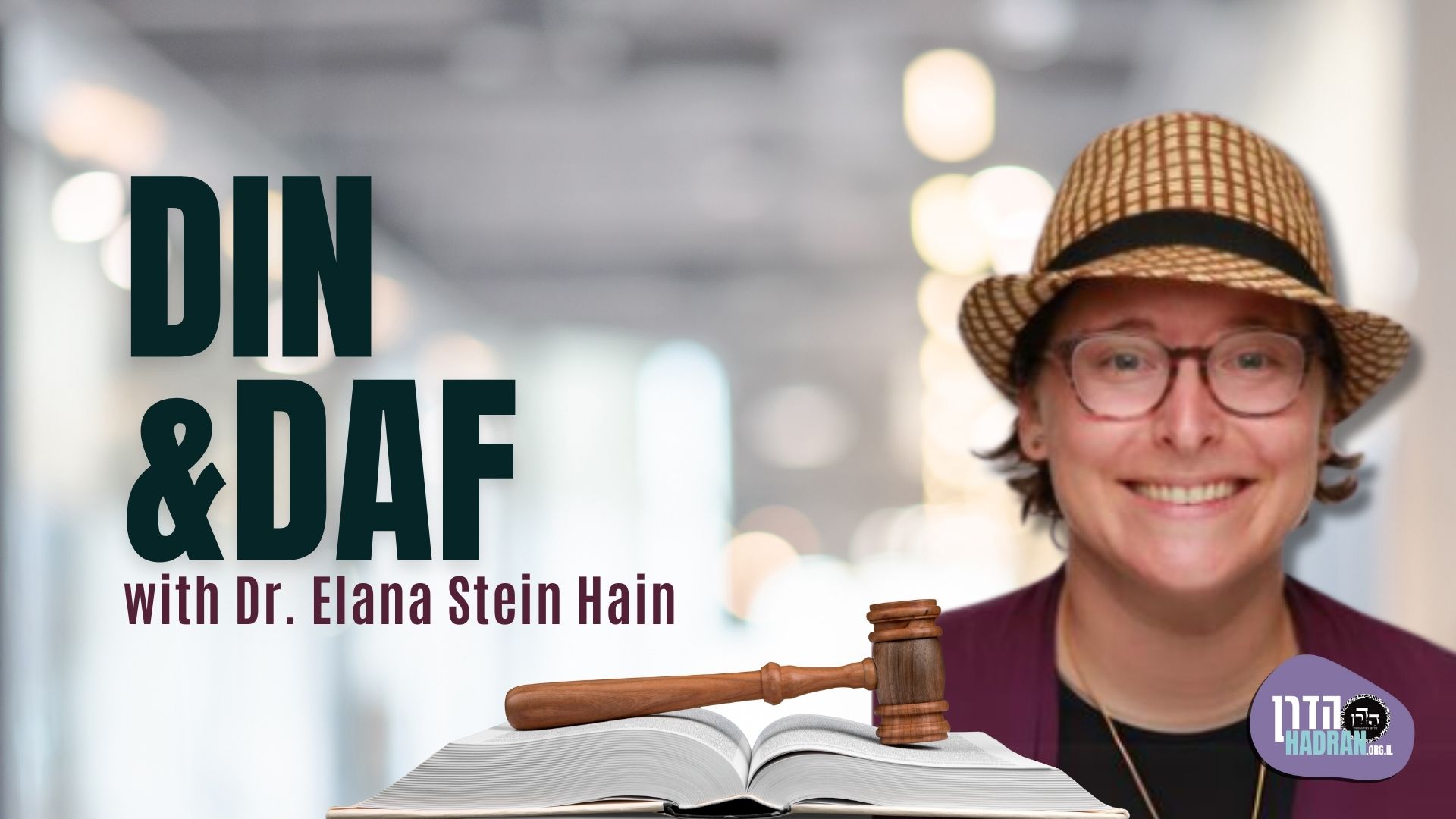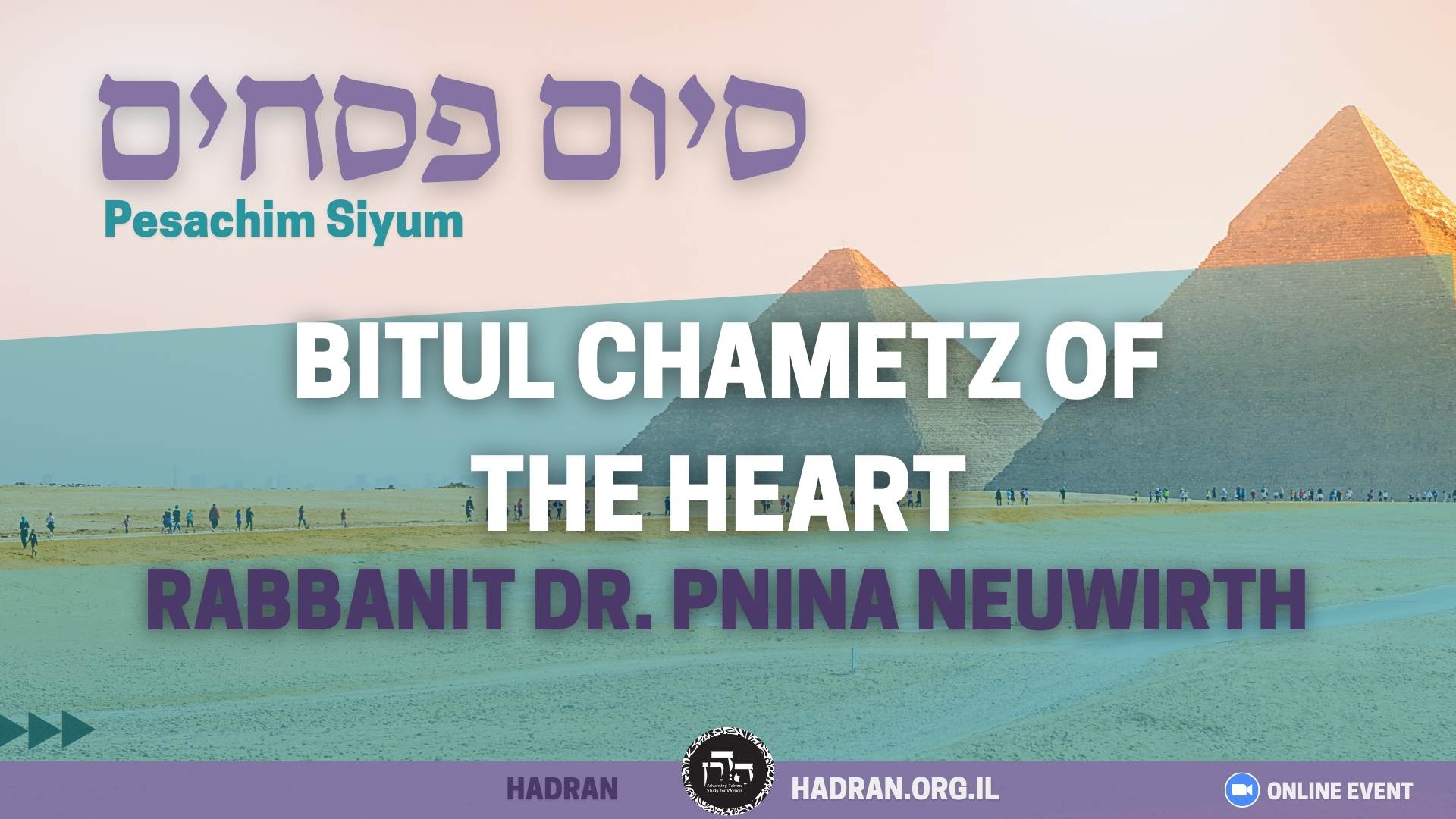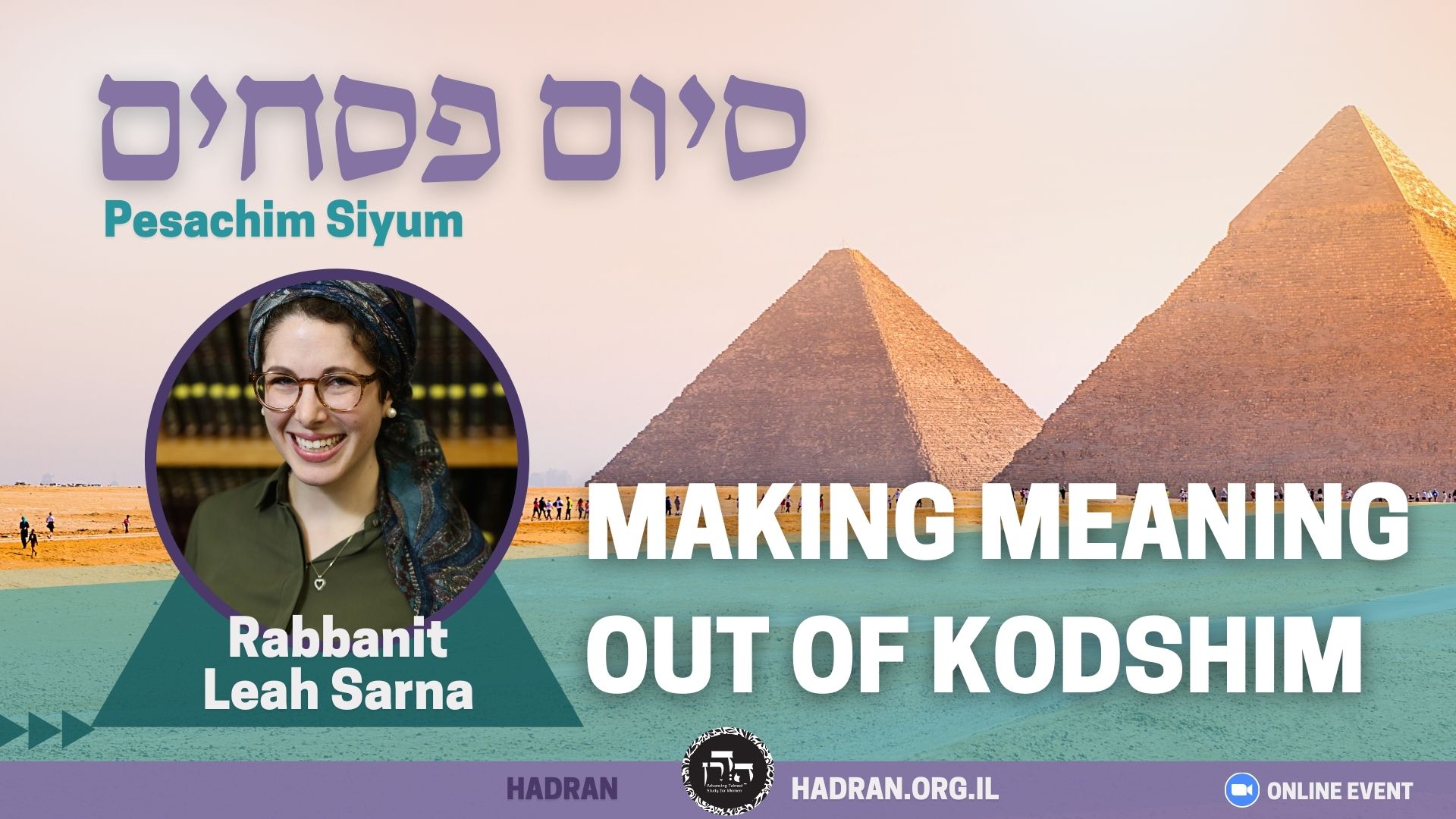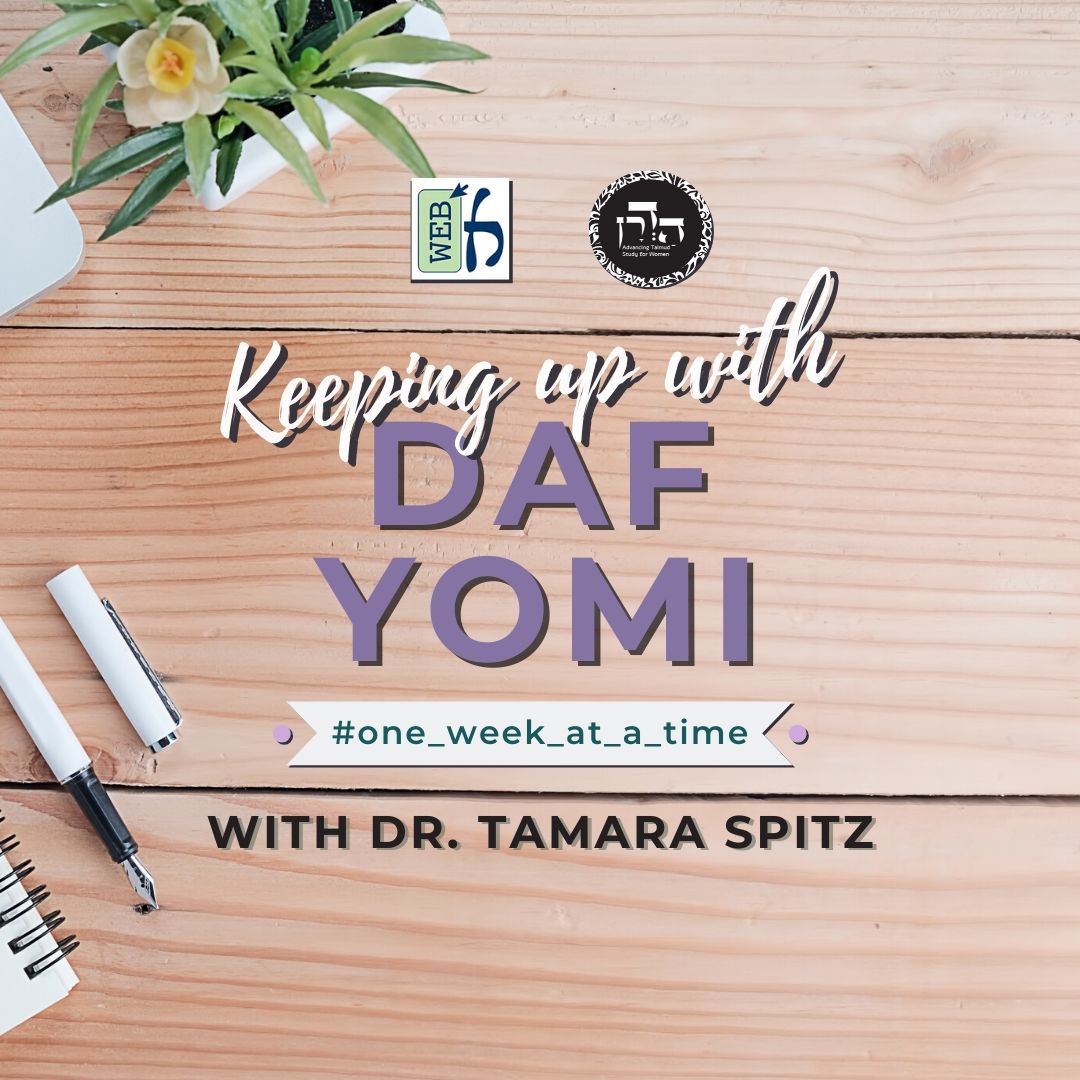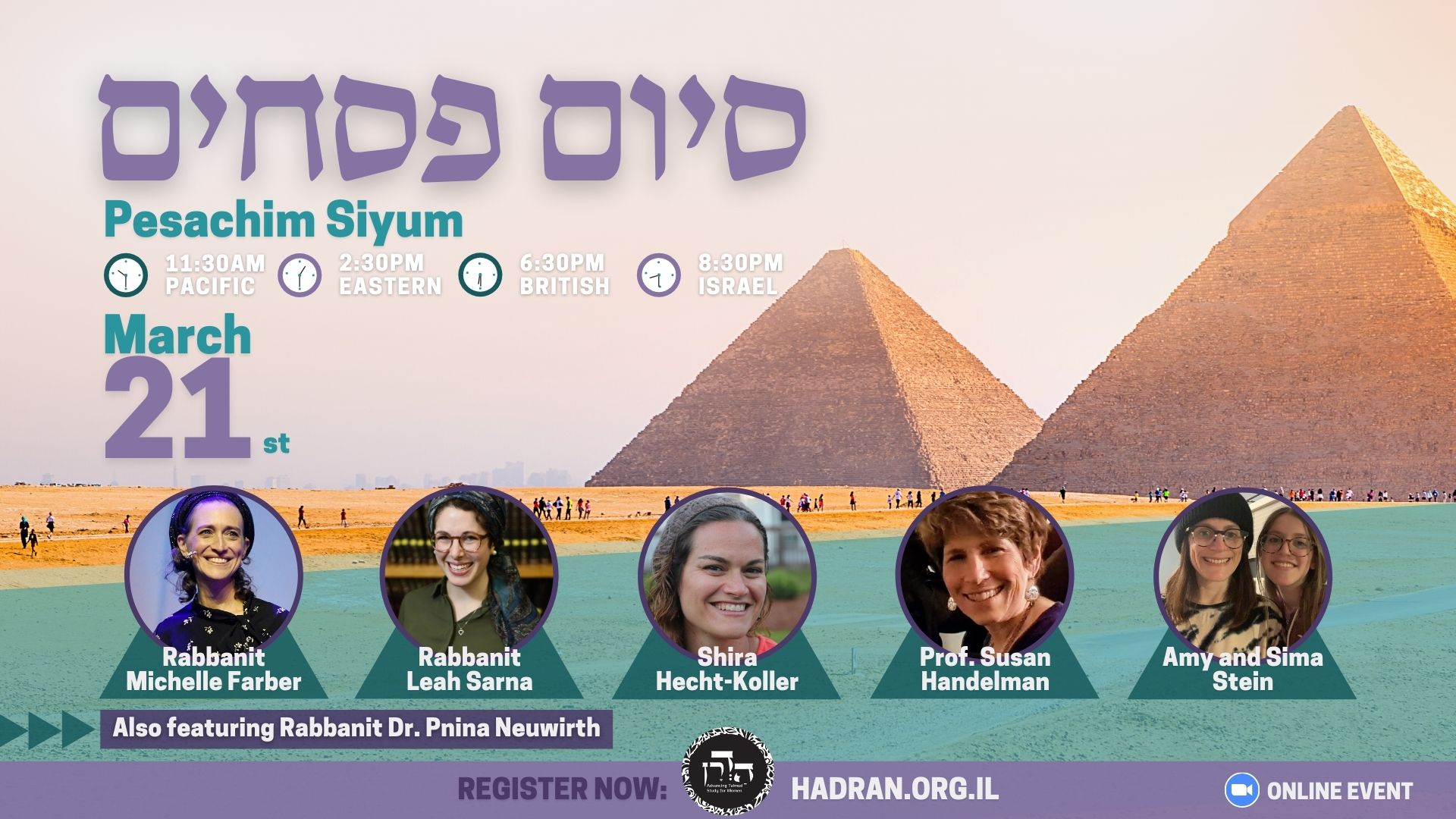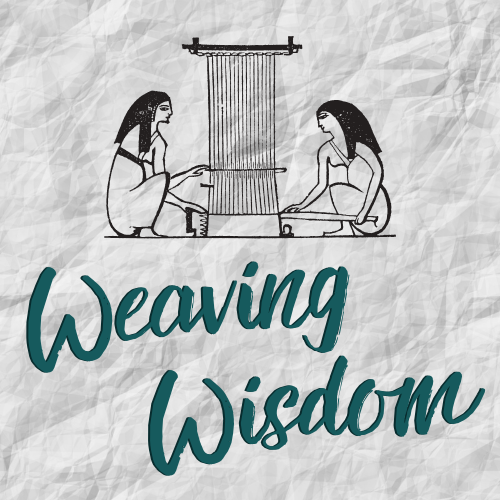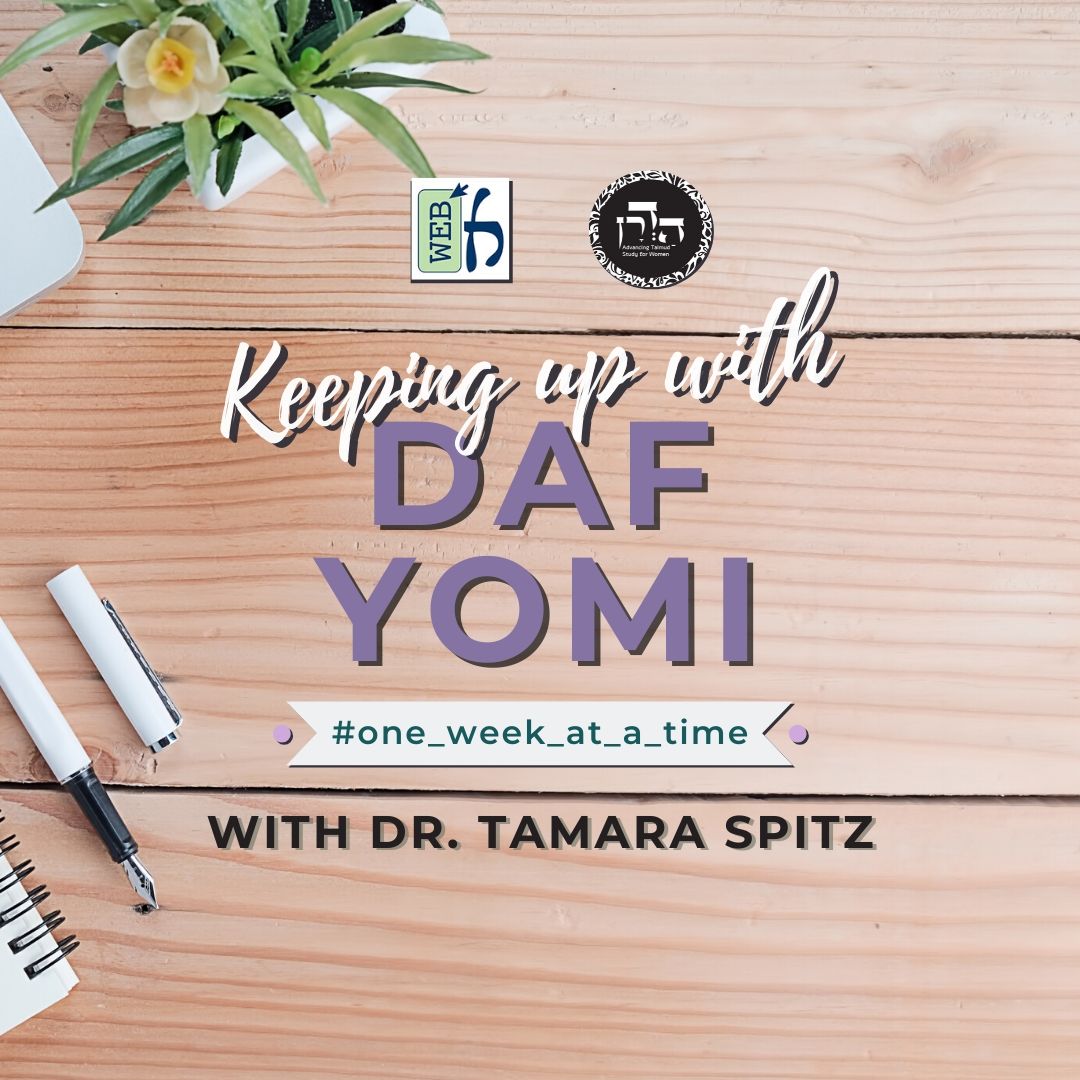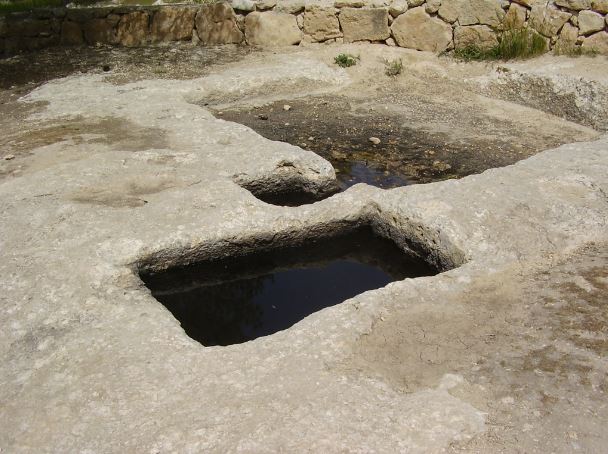Pesachim 97
יָכוֹל אַף לִפְנֵי הַפֶּסַח כֵּן? תַּלְמוּד לוֹמַר: ״הוּא״ — הוּא קָרֵב, וְאֵין תְּמוּרַת הַפֶּסַח קְרֵיבָה.
One might have thought that even a substitute Paschal lamb that was found before the slaughter of the replacement Paschal lamb should have the same status, and it should be permitted to sacrifice such a lamb as a peace-offering. Therefore, the verse states: “It,” to emphasize that it, a valid Paschal lamb, is sacrificed, and the substitute of a Paschal lamb is not sacrificed.
הֵיכִי דָמֵי? אִילֵּימָא שֶׁנִּמְצָא קוֹדֶם שְׁחִיטָה וְהֵמִיר בּוֹ קוֹדֶם שְׁחִיטָה — פְּשִׁיטָא! לְמָה לִי קְרָא? אֶלָּא לָאו, שֶׁנִּמְצָא קוֹדֶם שְׁחִיטָה וְהֵמִיר בּוֹ אַחַר שְׁחִיטָה! תְּיוּבְתָּא דְרָבָא, תְּיוּבְתָּא.
What are the circumstances of the case under discussion? If we say it is a case in which the lamb is found before the slaughter and one performed the substitution before the slaughter of the replacement, it is obvious; why do I need a specific verse to teach this halakha? Rather, is it not addressing a case in which the original lamb was found before the slaughter and one performed the substitution after the slaughter of the replacement, and the baraita ruled that the substitute lamb may not be sacrificed as a peace-offering, in opposition to the ruling of Rava? The Gemara concludes that the refutation of the opinion of Rava is indeed a conclusive refutation, and his opinion is rejected according to this version.
אָמַר שְׁמוּאֵל: כֹּל שֶׁבַּחַטָּאת מֵתָה — בַּפֶּסַח קָרֵב שְׁלָמִים, וְכֹל שֶׁבַּחַטָּאת רוֹעֶה — בַּפֶּסַח נָמֵי רוֹעֶה. וְרַבִּי יוֹחָנָן אָמַר: אֵין הַפֶּסַח קָרֵב שְׁלָמִים אֶלָּא שֶׁנִּמְצָא אַחַר שְׁחִיטָה, אֲבָל קוֹדֶם שְׁחִיטָה — לֹא.
Shmuel stated a principle pertaining to the halakhot of offerings: With regard to any animal that was consecrated as an offering and becomes unfit such that a sin-offering in its condition would be placed in isolation for it to die, meaning that it would be caused to die, if it is a Paschal lamb in that condition it is sacrificed as a peace-offering. And with regard to any animal that becomes unfit such that a sin-offering in its condition is left to graze until it develops a blemish, if it is a Paschal lamb it is also left to graze. And Rabbi Yoḥanan said: A Paschal lamb is sacrificed as a peace-offering only when the lost lamb was found after the slaughter of the replacement Paschal lamb, but if it was found before the slaughter, there is no instance in which it is brought as a peace-offering.
מַתְקֵיף לַהּ רַב יוֹסֵף: וּכְלָלָא הוּא? וַהֲרֵי חַטָּאת שֶׁעָבְרָה שְׁנָתָהּ, דְּלִרְעִיָּה אָזְלָא, דְּאָמַר רַבִּי שִׁמְעוֹן בֶּן לָקִישׁ: חַטָּאת שֶׁעָבְרָה שְׁנָתָהּ — רוֹאִין אוֹתָהּ כְּאִילּוּ הִיא עוֹמֶדֶת בְּבֵית הַקְּבָרוֹת, וְרוֹעֶה.
Rav Yosef strongly objects to Shmuel’s statement: Is that an established principle in every possible circumstance? Isn’t there the case of a sin-offering whose first year has passed and is therefore no longer fit to be offered as a sin-offering, which goes to graze until it develops a blemish? As Rabbi Shimon ben Lakish said: A sin-offering whose first year has passed, it is viewed as though it were standing in a cemetery where a priest may not enter in order to retrieve it; therefore, it grazes until it develops a blemish. The animal is then sold and its sanctity transferred to the proceeds of the sale, which are used to purchase an animal for a peace-offering.
וְאִילּוּ בְּפֶסַח כִּי הַאי גַוְונָא קָרֵב שְׁלָמִים, דְּתַנְיָא: ״כֶּשֶׂב״, לְרַבּוֹת אֶת הַפֶּסַח לְאַלְיָה, כְּשֶׁהוּא אוֹמֵר: ״אִם כֶּשֶׂב״, לְרַבּוֹת אֶת הַפֶּסַח שֶׁעָבְרָה שְׁנָתוֹ וּשְׁלָמִים הַבָּאִין מֵחֲמַת פֶּסַח לְכׇל מִצְוַת שְׁלָמִים, שֶׁטְּעוּנִים סְמִיכָה וּנְסָכִים וּתְנוּפַת חָזֶה וָשׁוֹק. כְּשֶׁהוּא אוֹמֵר: ״אִם עֵז״ — הִפְסִיק הָעִנְיָן, לִימֵּד עַל הָעֵז שֶׁאֵין טָעוּן אַלְיָה.
However, a Paschal lamb in a case like this is sacrificed as a peace-offering, as it was taught in a baraita: The word “lamb” comes to include the Paschal lamb in the requirement that the fat tail be sacrificed on the altar. When it says: “If he brings a lamb,” it comes to include a lamb consecrated as a Paschal lamb whose first year has passed and peace-offerings that come due to a Paschal lamb. These are considered peace-offerings rather than Paschal lambs, and they are included in all the laws of peace-offerings in that they require leaning and libations and the waving of the breast and thigh. When it says later: “And if his offering is a she-goat” (Leviticus 3:12), it interrupted the previous matter of the halakhot of sheep brought as peace-offerings and began a new discussion in order to teach that the offering of a she-goat does not require the fat tail to be offered on the altar. This baraita teaches that an animal consecrated as a Paschal lamb whose first year has passed is offered as a peace-offering and is not left to graze until it develops a blemish.
אֲמַר לֵיהּ: כִּי קָאָמַר שְׁמוּאֵל, בַּאֲבוּדִין. בִּדְחוּיִין לָא אָמַר.
He said to him: When Shmuel stated his principle, it was specifically with regard to Paschal lambs that were lost; he did not state his principle with regard to Paschal lambs that were deferred because they had become unfit for use.
וְאָבוּד מִי מַשְׁכַּחַתְּ לַהּ? וַהֲרֵי אֲבוּדָה בִּשְׁעַת הַפְרָשָׁה, לְרַבָּנַן, דְּלִרְעִיָּה אָזְלָא. דִּתְנַן: הִפְרִישׁ חַטָּאתוֹ וְאָבְדָה, וְהִפְרִישׁ אַחֶרֶת תַּחְתֶּיהָ וְנִמְצֵאת הָרִאשׁוֹנָה, וַהֲרֵי שְׁתֵּיהֶן עוֹמְדוֹת — אַחַת מֵהֶן תִּקְרַב וּשְׁנִיָּה תָּמוּת, דִּבְרֵי רַבִּי. וַחֲכָמִים אוֹמְרִים: אֵין חַטָּאת מֵתָה אֶלָּא שֶׁנִּמְצֵאת לְאַחַר שֶׁנִּתְכַּפְּרוּ בְּעָלִים. הָא קוֹדֶם שֶׁנִּתְכַּפְּרוּ בְּעָלִים — רוֹעָה.
The Gemara continues its line of questioning: With regard to lost sacrifices do you find Shmuel’s principle to be correct? But what about the case of a sin-offering that was already lost at the time of the separation of a replacement to take its place, and the original animal was found before the second was sacrificed? According to the Rabbis, this animal goes for grazing, as we learned in a mishna: If one separated his sin-offering and it was lost, and he separated another in its place and the first was found, and therefore both are available, then one of them, whichever he chooses, is sacrificed, as he may bring only one offering, and the second shall be caused to die; this is the statement of Rabbi Yehuda HaNasi. And the Rabbis say: A sin-offering is caused to die only when it is found after the owners gained atonement through another offering. Therefore, according to the Rabbis, if the animal was found before the owners gained atonement, it grazes.
וְאִילּוּ בְּפֶסַח, הֵיכָא דְּאָבַד וְנִמְצָא אַחַר חֲצוֹת קוֹדֶם שְׁחִיטָה — קָרֵב שְׁלָמִים. שְׁמוּאֵל כְּרַבִּי סְבִירָא לֵיהּ, דְּאָמַר אֲבוּדָה לְמִיתָה אָזְלָא.
And yet with regard to the Paschal lamb, in a situation where it is found after midday before the slaughter, it is sacrificed as a peace-offering. Consequently, Shmuel’s principle is not correct even with regard to offerings that were lost. The Gemara answers: Shmuel holds in accordance with the opinion of Rabbi Yehuda HaNasi, who said that a lost sin-offering is put into isolation and goes to its death.
וְהָא כֹּל אֲבוּדָה לְרַבִּי מֵתָה, וְאִילּוּ בְּפֶסַח הֵיכָא דְּאָבַד קוֹדֶם חֲצוֹת וְנִמְצָא קוֹדֶם חֲצוֹת — רוֹעֶה! קוֹדֶם חֲצוֹת לָאו אָבוּד הוּא, כִּדְרָבָא, דְּאָמַר רָבָא: אֲבֵידַת לַיְלָה לָאו שְׁמָהּ אֲבֵידָה.
The Gemara asks: But every lost sin-offering is placed in isolation and left to die according to Rabbi Yehuda HaNasi, whereas with regard to the Paschal lamb, when it was lost before midday and then found before midday but after a replacement animal had been separated, it grazes. The Gemara responds: A Paschal lamb lost before midday is not considered lost, in accordance with the opinion of Rava, as Rava said: A sin-offering lost at night and found by the morning is not called lost, and the halakhot of lost sin-offerings do not apply because a sin-offering cannot be sacrificed at night in any case. Similarly, if a Paschal lamb is lost before midday on the eve of Passover, since it could not be sacrificed at that time, it does not attain the status of a lost sacrifice even if one separates a replacement. In such a case, even Rabbi Yehuda HaNasi would concede that the original animal would be left to graze rather than being left to die.
אֶלָּא, רוֹעָה לְרַבִּי הֵיכִי מַשְׁכַּחַתְּ לַהּ?
The Gemara asks: But if so, according to the opinion of Rabbi Yehuda HaNasi, under what circumstances can the case of a sin-offering that is left to graze be found? Rabbi Yehuda HaNasi holds that every lost sin-offering is left to die and none is left to graze; therefore, there is no significance to Shmuel’s ruling with regard to any sin-offering that is left to graze.
כִּדְרַבִּי אוֹשַׁעְיָא. דְּאָמַר רַבִּי אוֹשַׁעְיָא: הִפְרִישׁ שְׁתֵּי חַטָּאוֹת לְאַחְרָיוּת — מִתְכַּפֵּר בְּאַחַת מֵהֶן, וּשְׁנִיָּה תִּרְעֶה.
The Gemara answers: Even according to Rabbi Yehuda HaNasi there is a case in which a sin-offering is left to graze, in accordance with the opinion of Rabbi Oshaya, as Rabbi Oshaya said: If one separated two sin-offerings from the outset as a guarantee, so that if one is lost he may gain atonement with the other, he gains atonement with one of them and the second is left to graze.
וְהָא אִילּוּ בְּפֶסַח כִּי הַאי גַוְונָא קָרֵב שְׁלָמִים! אֶלָּא שְׁמוּאֵל כְּרַבִּי שִׁמְעוֹן סְבִירָא לֵיהּ, דְּאָמַר: חָמֵשׁ חַטָּאוֹת מֵתוֹת.
The Gemara challenges this: But with regard to a Paschal lamb, in a case like this the second animal would be sacrificed as a peace-offering. This, too, does not follow Shmuel’s principle. Rather, it can be explained that Shmuel held in accordance with the opinion of Rabbi Shimon, who said there are five sin-offerings that are left in isolation to die, including all those which are lost or deferred.
וְהָא רוֹעָה לְרַבִּי שִׁמְעוֹן לֵית לֵיהּ כְּלָל! שְׁמוּאֵל נָמֵי חֲדָא קָאָמַר: כֹּל שֶׁבַּחַטָּאת מֵתָה — בְּפֶסַח קָרֵב שְׁלָמִים.
The Gemara asks: But Rabbi Shimon does not concede in any case at all that a sin-offering is left to graze, as he holds that any sin-offering which is deferred for any reason is left to die, while Shmuel referred to sin-offerings left to graze. The Gemara answers: Shmuel also said only one case. He did not mention sin-offerings that are left to graze; he said only that with regard to any offering that became unfit such that a sin-offering in its condition would be left to die, if it is a Paschal lamb in that condition it is sacrificed as a peace-offering.
וּמַאי קָא מַשְׁמַע לַן? לְאַפּוֹקֵי מִדְּרַבִּי יוֹחָנָן, דְּאָמַר: אֵין הַפֶּסַח קָרֵב שְׁלָמִים אֶלָּא שֶׁנִּמְצָא אַחַר שְׁחִיטָה, אֲבָל קוֹדֶם שְׁחִיטָה — לָא. אַלְמָא: שְׁחִיטָה קָבַע. קָא מַשְׁמַע לַן: חֲצוֹת קָבַע.
The Gemara asks: And what does he teach us with this statement beyond what was taught explicitly in the mishna? The Gemara answers that Shmuel’s statement was meant to exclude the opinion of Rabbi Yoḥanan, who said that a Paschal lamb is sacrificed as a peace-offering only when it is found after slaughter, but if it is found before the slaughter, no, it is not sacrificed as a peace-offering. Apparently, Rabbi Yoḥanan held that the slaughter determines when a sacrifice is deferred; therefore, Shmuel teaches us that in his opinion midday determines whether it is considered deferred, even if the other animal has not yet been slaughtered, because midday is the time when it may be slaughtered. Consequently, if the Paschal lamb is still lost at midday, it may be offered as a peace-offering when it is found.
לִישָּׁנָא אַחֲרִינָא: וְאִילּוּ בְּפֶסַח הֵיכָא דְּאָבַד וְנִמְצָא אַחַר חֲצוֹת, קוֹדֶם שְׁחִיטָה יִקְרַב שְׁלָמִים! שְׁמוּאֵל כְּרַבָּה סְבִירָא לֵיהּ, דְּאָמַר: שְׁחִיטָה קָבַע.
The Gemara presents another version of the discussion, beginning from the proof that the halakhot of a sin-offering cannot be equated to those of a Paschal lamb because with regard to a Paschal lamb, in a situation where it is lost and then found after midday but before the slaughter of its replacement, it is offered as a peace-offering, which is not consistent with Shmuel’s principle. The Gemara answers: According to this version, Shmuel holds in accordance with the opinion of Rabba, who said that the slaughter of the replacement determines the status of a lost offering; therefore, if the original animal is found before the slaughter of the second animal, even after midday, it is not considered to have been lost.
וְהָא מִדְּקָאָמַר רַבִּי יוֹחָנָן עֲלַהּ: אֵין הַפֶּסַח קָרֵב שְׁלָמִים אֶלָּא שֶׁנִּמְצָא אַחַר שְׁחִיטָה, אֲבָל קוֹדֶם שְׁחִיטָה — לָא. אַלְמָא: שְׁחִיטָה קָבַע. מִכְּלָל דִּשְׁמוּאֵל סָבַר: חֲצוֹת קָבַע.
The Gemara asks: But from the fact that Rabbi Yoḥanan said about this halakha that a Paschal lamb is sacrificed as a peace-offering only when it was found after the slaughter of the replacement, but if it was found before the slaughter, no, it is not, apparently he held that the slaughter determines whether the offering is considered lost. Since there is a dispute about this point, this proves by inference that Shmuel holds that midday determines this status, so that any animal lost at midday is considered lost and is sacrificed as a peace-offering, even if it is found before the slaughter. That does not accord with this second version of Shmuel’s opinion.
אֶלָּא: שְׁמוּאֵל כְּרַבִּי סְבִירָא לֵיהּ, דְּאָמַר: אֲבוּדָה לְמִיתָה אָזְלָא. וְהָא כֹּל אֲבוּדִין לְרַבִּי מֵתִין, וְאִילּוּ בְּפֶסַח, הֵיכָא דְּאָבַד קוֹדֶם חֲצוֹת וְנִמְצָא קוֹדֶם חֲצוֹת — רוֹעֶה! קָסָבַר: קוֹדֶם חֲצוֹת לָאו אָבוּד הוּא, וְקָסָבַר חֲצוֹת קָבַע.
Rather, Shmuel’s statement must be explained differently: Shmuel holds in accordance with the opinion of Rabbi Yehuda HaNasi, who said that a lost sin-offering always goes to its death. The Gemara asks: But according to Rabbi Yehuda HaNasi all lost sin-offerings are left in isolation to die, whereas with regard to the Paschal lamb, in a situation where it is lost before midday and found before midday it is left to graze and is not sacrificed as a peace-offering. The Gemara answers: He held that a Paschal lamb that is lost before midday is not considered lost because the time for slaughtering the Paschal lamb has not yet arrived, and he held that midday determines the status of a lost Paschal lamb, not the time of the actual slaughter.
מַתְנִי׳ הַמַּפְרִישׁ נְקֵבָה לְפִסְחוֹ, אוֹ זָכָר בֶּן שְׁתֵּי שָׁנִים — יִרְעֶה עַד שֶׁיִּסְתָּאֵב, וְיִמָּכֵר, וְיִפְּלוּ דָּמָיו לִנְדָבָה לִשְׁלָמִים.
MISHNA: In the case of one who separates a female animal for his Paschal lamb although the Torah requires a male, or a male that is in its second year although a Paschal lamb must be an animal that is in its first year, the animal is left to graze until it develops a blemish and becomes unfit, and it is then sold and its money is used for free-will offerings or peace-offerings.



